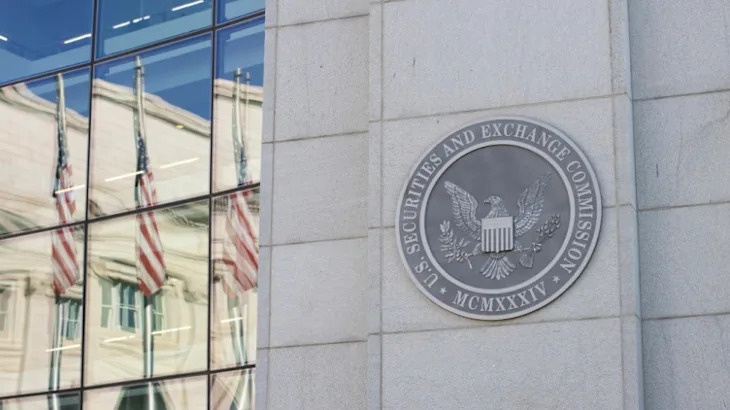A rising number of Americans are anxious about the state of the US economy — and it's all about inflation.
The latest University of Michigan consumer sentiment survey released Friday showed headline sentiment declined to its lowest level in seven months as pessimism over the inflation outlook drove down February's preliminary read and one-year inflation expectations jumped to 4.3% from 3.3% last month.
This was the highest reading for inflation expectations since November 2023 and marked two consecutive months of "unusually large" increases, according to the release.
Read more: How does the labor market affect inflation?
Notably, this was also just the fifth time in 14 years that the survey reported such a "significant" one-month rise, defined as 1 percentage point or more, in year-ahead inflation expectations.
The sharp uptick suggests "consumers are increasingly concerned about the potential stagflationary effects of President Donald Trump’s policy plans," Ruben Abargues, assistant economist at Capital Economics, wrote in reaction to the data.
But Federal Reserve Bank of Chicago president Austan Goolsbee told Yahoo Finance it's important to stay rooted in market-based data, shrugging off the survey's sharp increase.
"Measures that are moving are these consumer survey of inflation expectations," he said on Friday. "And they're just for the short run, just for this coming year. That's less influential on my thinking than the long-run expectations."
Goolsbee said if market-based measures of long-run inflation began to tick higher, "I would put a lot of weight on that."
"But those have been anchored absolutely solidly at exactly the target the market believes. And the long-run expectations are not changing. I believe that we are going to get back to 2%."
The 10-year breakeven inflation rate, for example, stood at 2.42% as of Thursday , near its highest levels of the year but inside a range that has been more stable between 2% and 2.4% over the last two years.
Overall, the February preliminary reading dropped to 67.8, down from January's 71.1 level and lower than the 71.8 economists had expected.
The current conditions index, which evaluates the near-term outlook for consumer demand, inflation, and economic growth, declined by 7.2% month over month, largely due to a double-digit drop in buying conditions for durables. The release noted this was "in part due to a perception that it may be too late to avoid the negative impact of tariff policy ."
The report also followed the January jobs report, which showed a downtick in the unemployment rate and solid gains across various sectors
Alexandra Canal @allie_canal , LinkedIn,





